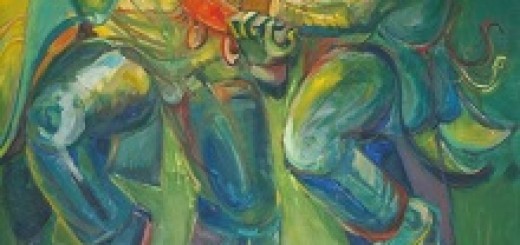In the year 5618 (1858), Rabbi Shmuel of Lubavitch traveled from Russia to Italy and Germany. While the official reason for his journey was for the sake of his health, the true reason for travelling was in order to attend to various matters that pertained to the community.
When he returned to Lubavitch, his father Rabbi Menachem Mendel, The Tzemach Tzedek asked him: “What is your opinion of German jewry?”
Rabbi Shmuel answered: “They are of beautiful complexion.”
The Previous Lubavitcher Rebbe, Rabbi Yosef Yitzchok Schneersohn explained his grandfather’s words in the following manner:
In beauty there are two aspects: beautiful features and a beautiful complexion. Beautiful features are defined by the measurement of the limbs and their proportions to each other; the body in relation to the head and the legs. When the head is disproportionately larger or smaller than the other limbs, this is a considered a blemish.
The main aspect pertaining to beautiful features is in the face; the measurements of the mouth, eyes, ears etc., that they should be in proportion to one another. This is the definition of beautiful features.
However, a beautiful complexion is primarily about the radiance of the face and the two eyes.
A German Jew is very exacting in his religious life. When he awakens, he will not drink a cup of coffee before his morning prayers. On the wall of the synagogue is a sign that states the length that the prayers should take during the weekdays. Eighteen minutes when there is no Torah reading, and twenty-two minutes when there is a Torah reading. He is careful to give a tenth of his earnings to charity, but only when he makes money. This is a beautiful complexion.
However, the Jews from Russian and other countries are neither beautiful in feature nor complexion. When a Russian Jew begins his prayers he does not know if they will take him a half hour or an hour and a quarter. He gives charity whether he makes money or not. While they may not be beautiful, they are though, full of life!
(Sefer HaSichos, 5705. Pg. 47-48)






















